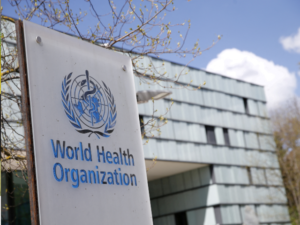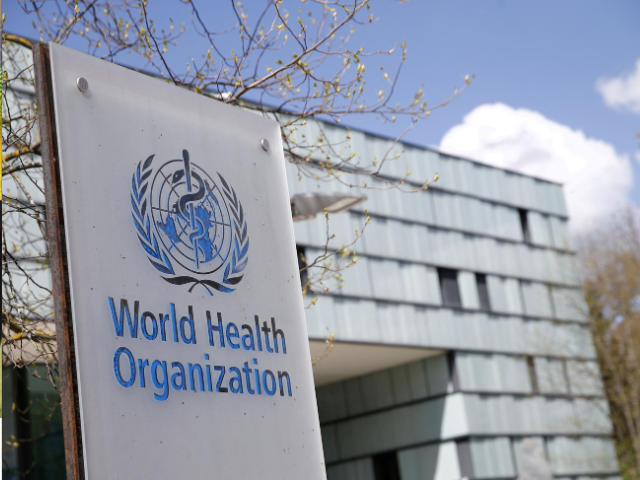
The World Health Organisation (WHO) has granted approval for the first vaccine against monkeypox, marking a major milestone in the global fight against the virus.
The vaccine, known as MVA-BN, will be administered in two doses, four weeks apart, to individuals aged 18 and older.
According to a WHO statement, the vaccine has shown 76% effectiveness after the first dose and 82% after the second. This approval comes as the WHO continues to classify monkeypox as a public health emergency of international concern.
Monkeypox has spread to 121 countries, with over 500 deaths reported this year.
The virus is particularly deadly among high-risk groups and individuals with compromised immune systems, where mortality rates can reach up to 10%.
WHO’s Strategic Advisory Group of Experts (SAGE) on Immunization recommended the vaccine’s use in high-risk settings, including in infants, children, and pregnant or immunocompromised individuals, though it is not yet licensed for those under 18. In supply-limited situations, WHO has also recommended a single-dose approach.
The WHO hopes the newly approved vaccine will help curb the spread of the virus, especially in vulnerable populations.
The inclusion of the MVA-BN vaccine as the first vaccine for Monkeypox (Mpox) on its prequalification list.
This approval is anticipated to expedite access to the vaccine in communities with urgent needs to curb transmission and control the outbreak.
The WHO’s prequalification assessment was based on data provided by the vaccine’s manufacturer, Bavarian Nordic A/S, and reviewed by the European Medicines Agency, which serves as the regulatory authority for the vaccine.
Since 2022, mpox has spread to over 120 countries, with more than 103,000 confirmed cases globally. In 2024, 723 deaths and over 25,000 suspected or confirmed cases were reported in 14 African countries alone.
In Pakistan, five cases of monkeypox have been confirmed, with the infections found among travelers returning from abroad. Health authorities are monitoring the situation closely to prevent further outbreaks.



